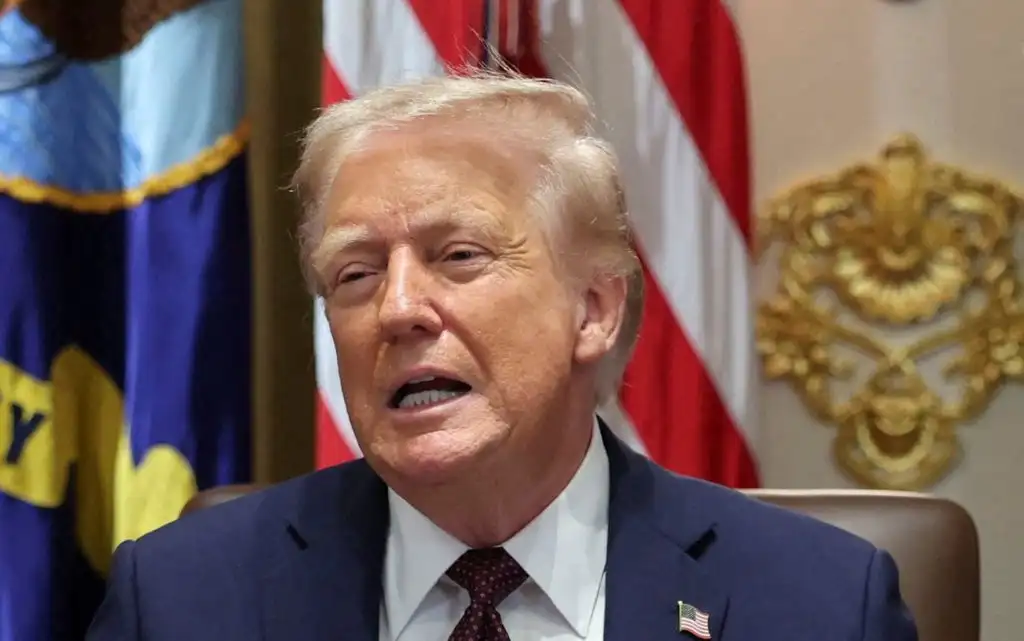The global landscape is undergoing a notable transformation as the United States steps back from its traditional leadership roles, creating openings for other countries to assume greater responsibility. Former President Donald Trump’s “America First” policy has resulted in a retreat from multilateral alliances and norms, creating a governance vacuum with significant repercussions for climate change, trade, and security.
In this evolving context, nations and blocs are stepping up. Canada has been active in promoting trade liberalization, recently signing an agreement with Indonesia and establishing a strategic partnership with Mexico while working to reduce internal trade barriers. The European Union is similarly enhancing collaborations, particularly with the UK, and finalizing trade deals with India and Mexico, despite ongoing internal debates, such as those regarding a pact with Mercosur.
On climate issues, international coalitions are forming to tackle environmental challenges. The Inter-American Development Bank has initiated a strategy to secure funding by purchasing loans from commercial banks if they are reinvested in climate-centric projects, compensating for the U.S. withdrawal from global climate agreements.
Regarding security, Europe is taking independent action. The EU is considering a “reparations loan” for Ukraine, potentially exceeding €140 billion, to be financed by frozen Russian assets, contingent on Russia paying reparations. While the U.S. remains a crucial player in security, especially in conflicts like Gaza, Europe is increasingly asserting its role.
Yet, challenges remain, including China’s complex trade practices and the EU’s internal divides. Nevertheless, this geopolitical shift offers a chance for nations to establish a more balanced and cooperative global order, trajectory where emerging alliances and initiatives could redefine global governance.












I believe other nations should step up and show leadership instead of waiting for the US to always take charge. Time for a change!
Interesting perspective, but Im not convinced other nations will step up. The vacuum left by the US may lead to chaos.
Wow, the US withdrawal sure is shaking things up! Who do you think will step up to fill the void? Exciting times ahead!
I believe that other countries stepping up could lead to a more balanced global landscape. Its time for new players to shine!
Interesting take! Do you think other nations will actually step up or just wait for the US to come back in?
Im not convinced other nations will step up. The US has always been the big player in global affairs. Lets see if anyone fills those shoes.
I disagree. Other nations may step up, but US withdrawal could lead to power vacuums and instability. Its a risky move.
I disagree with the idea that the US withdrawal is a positive opportunity. It could lead to instability and power vacuums.
I believe this article overlooks the potential for collaboration among nations, rather than just competition. Lets think outside the box!